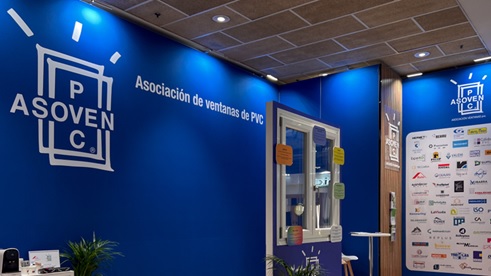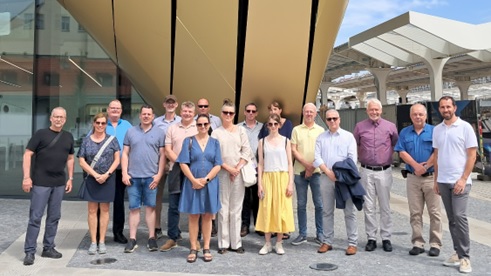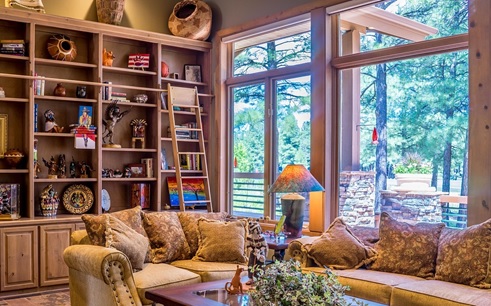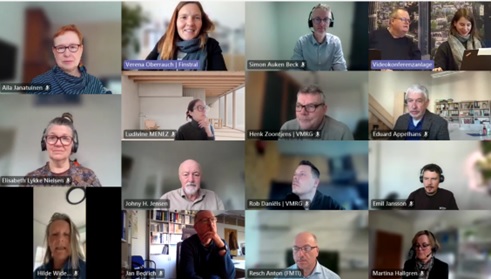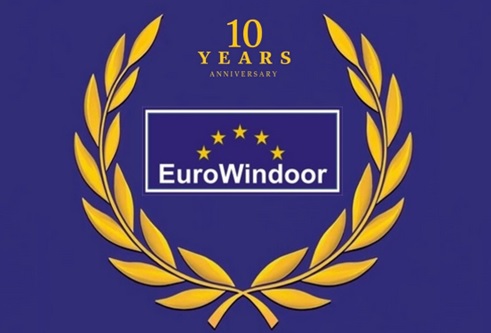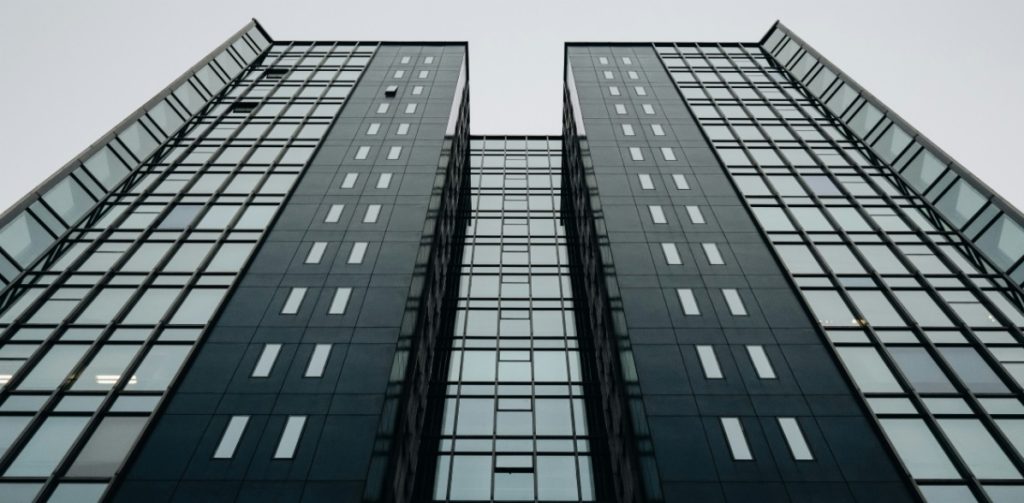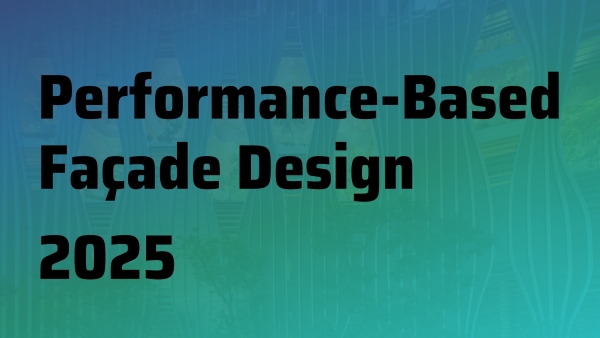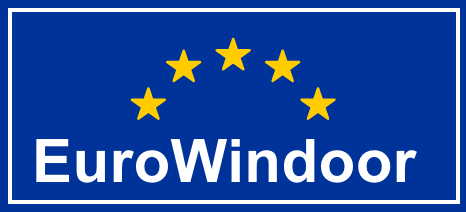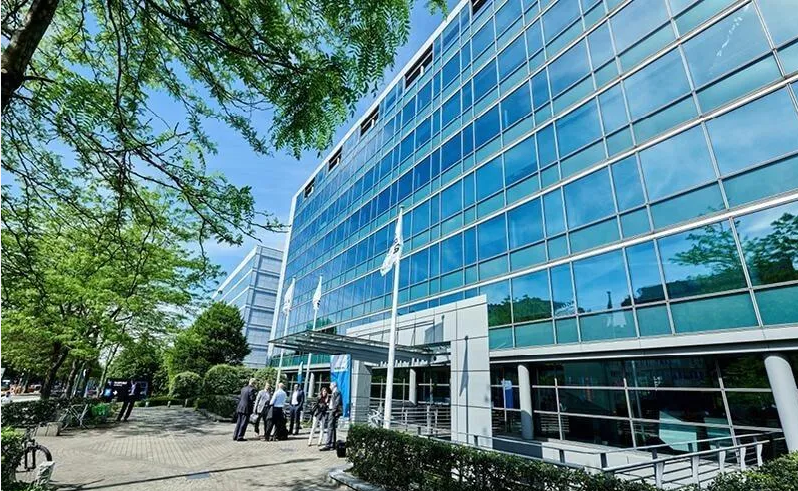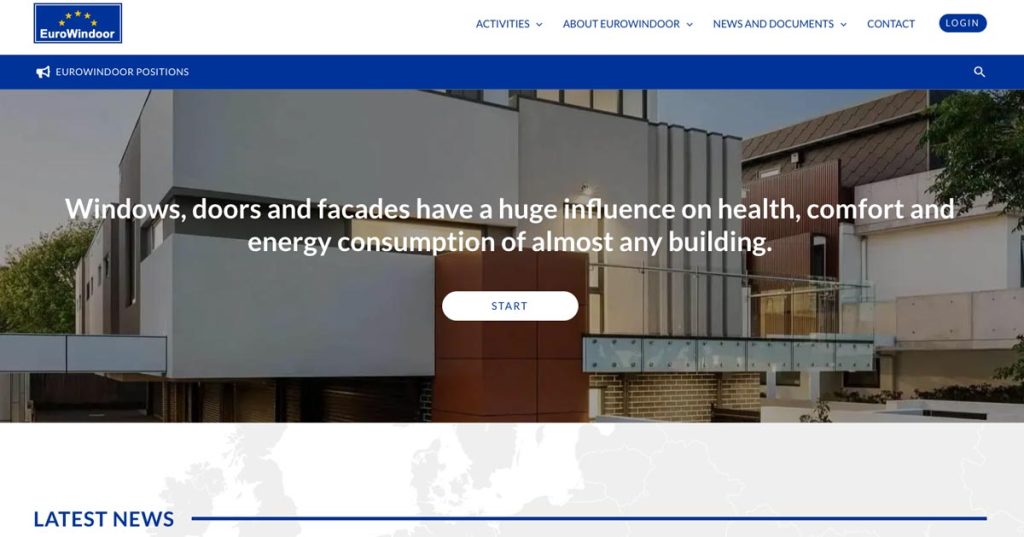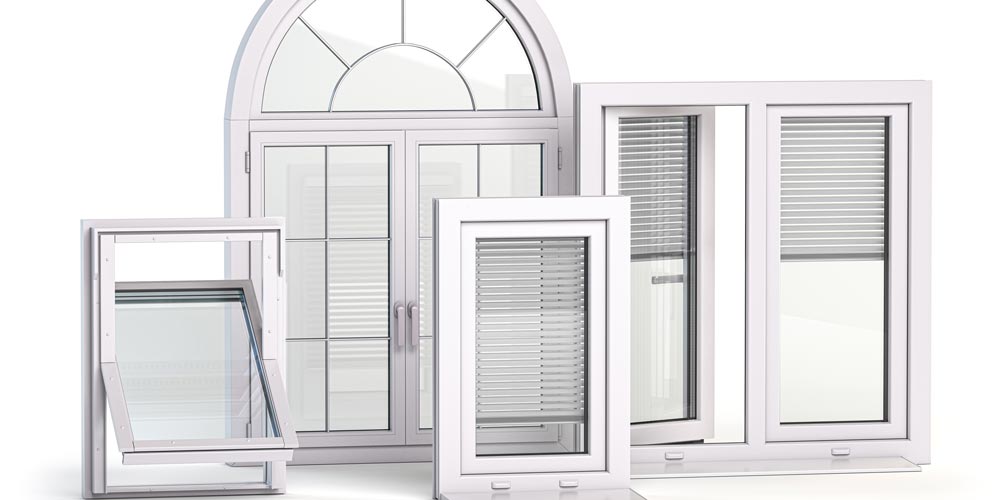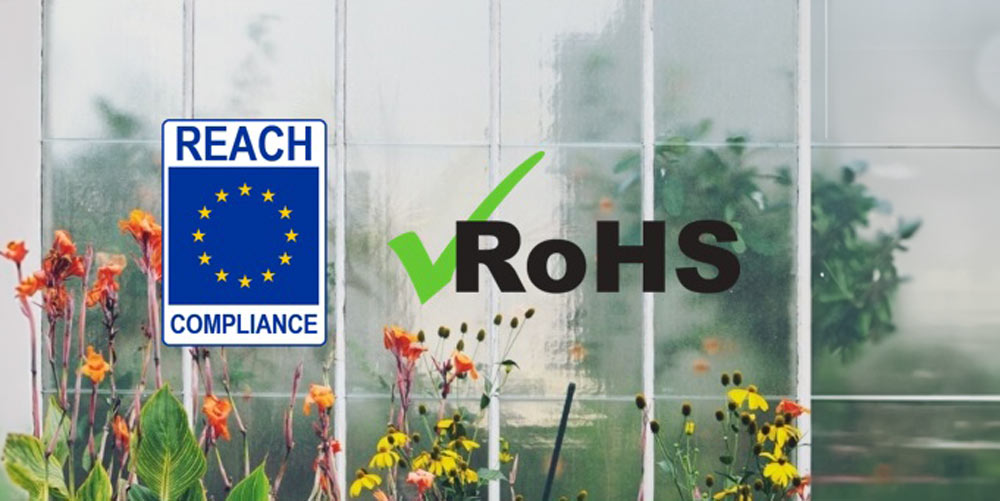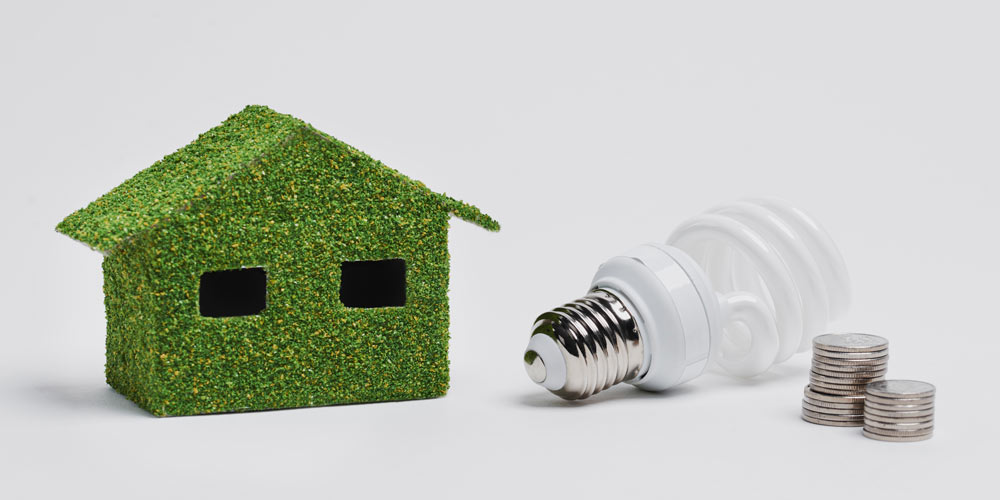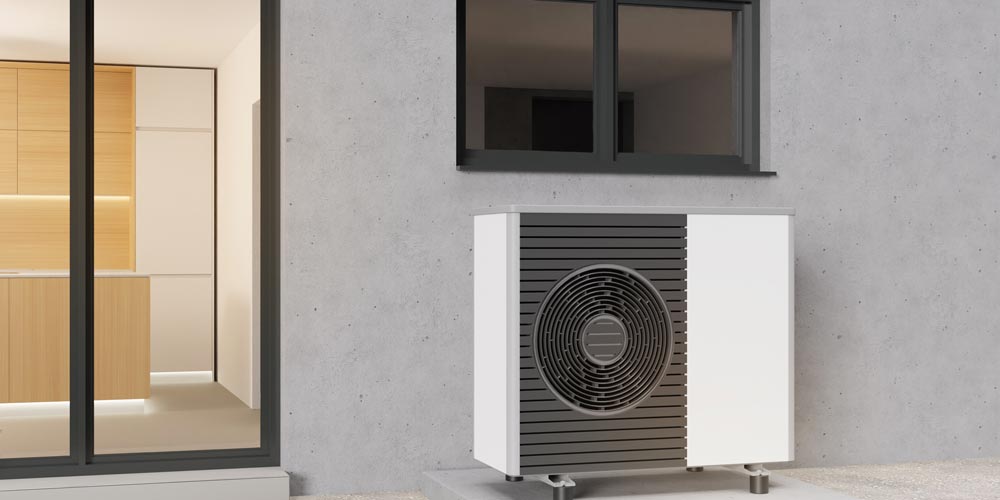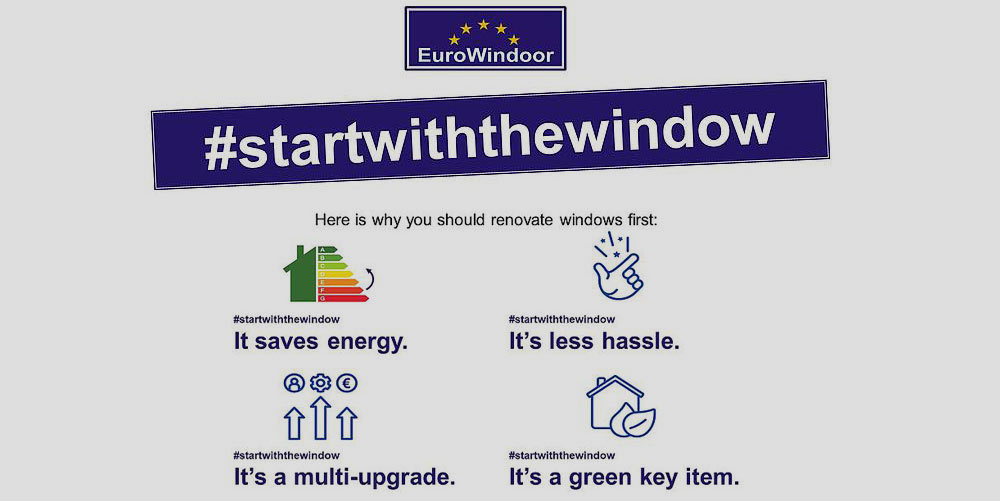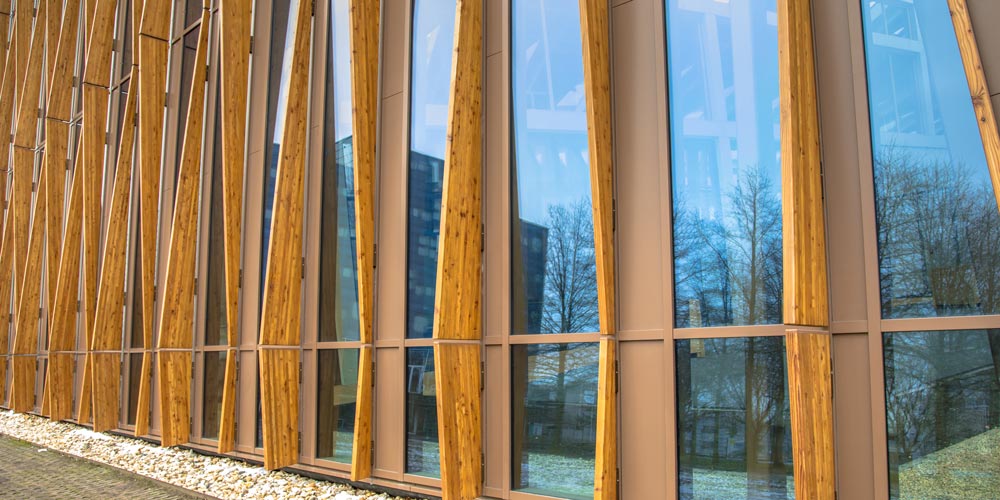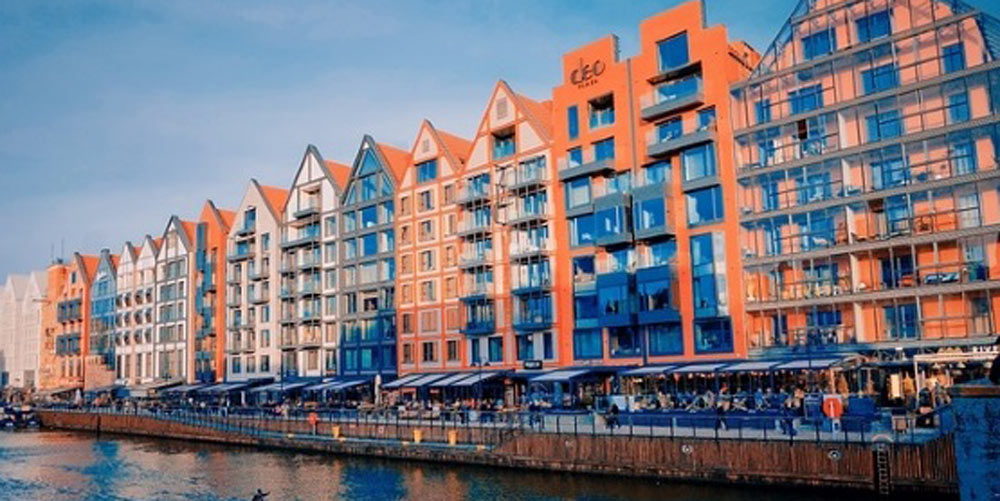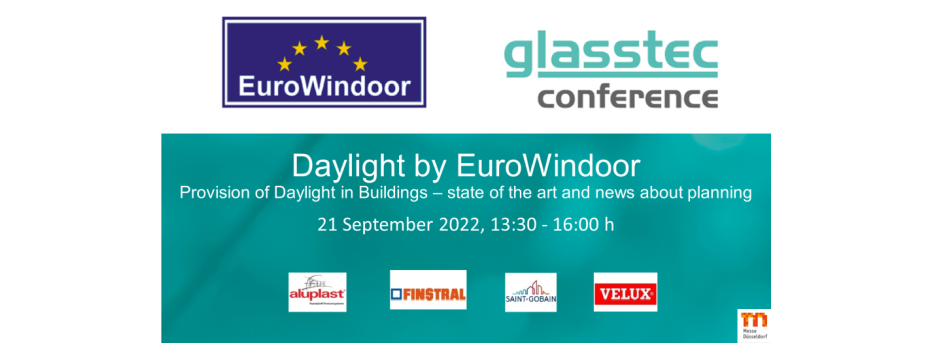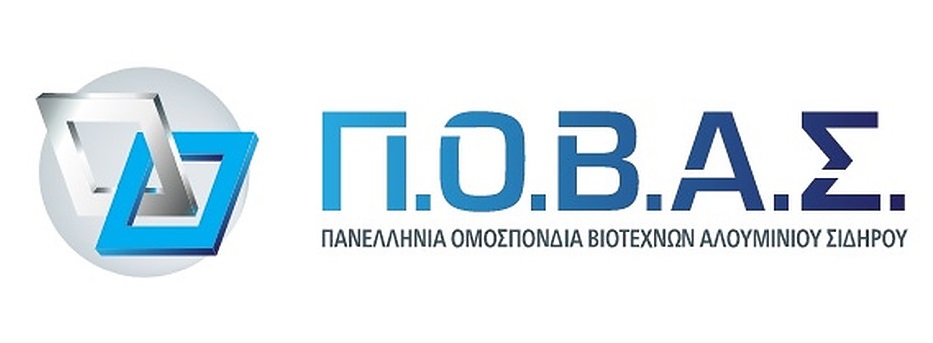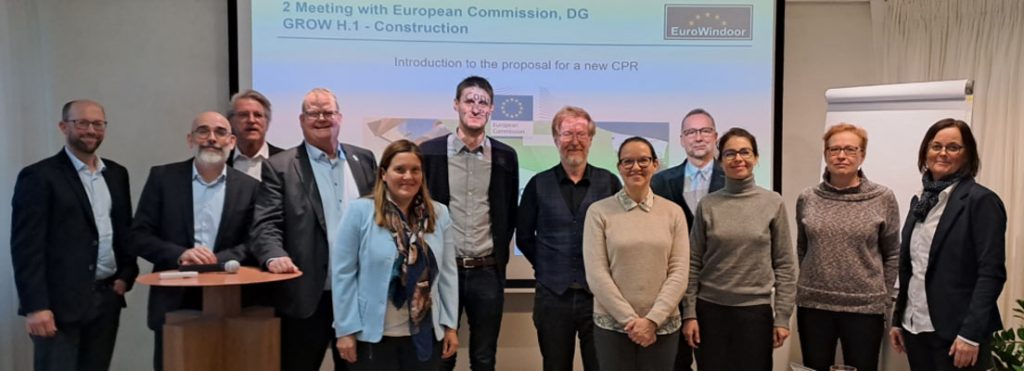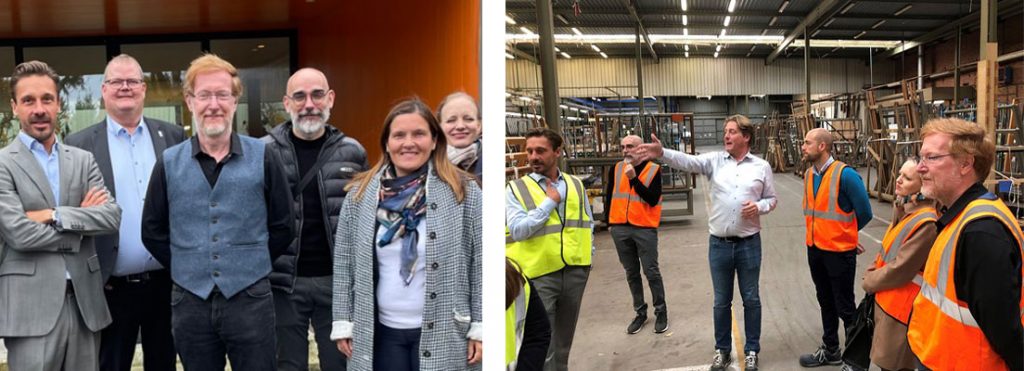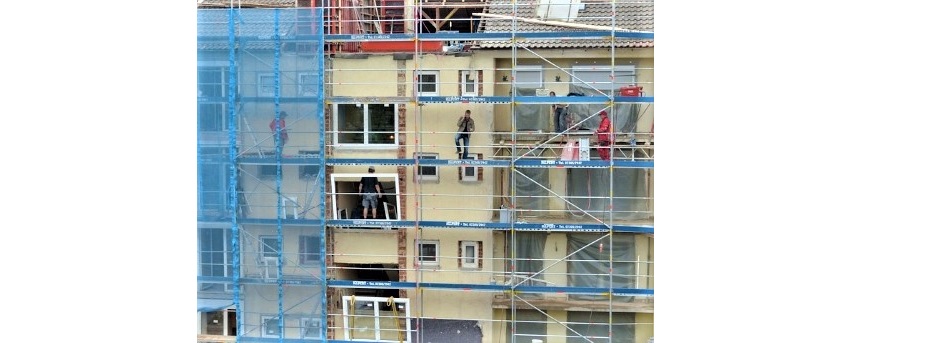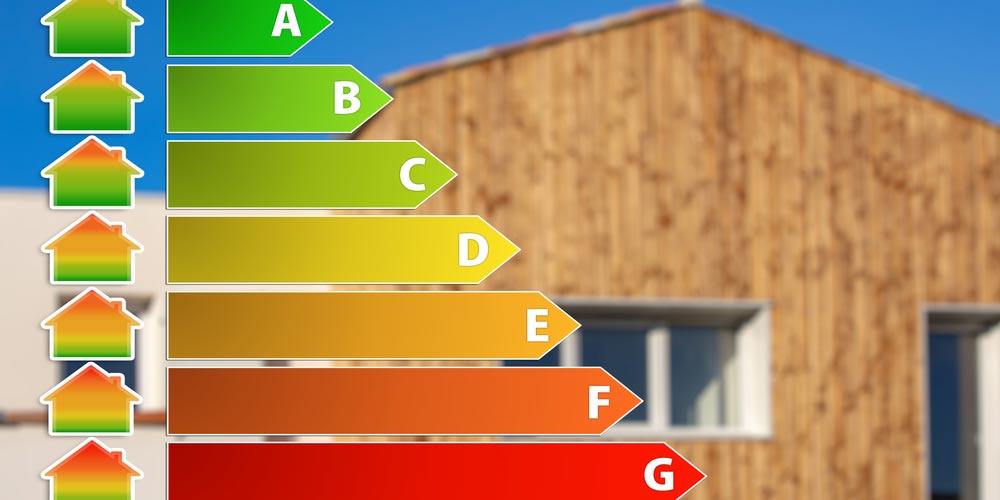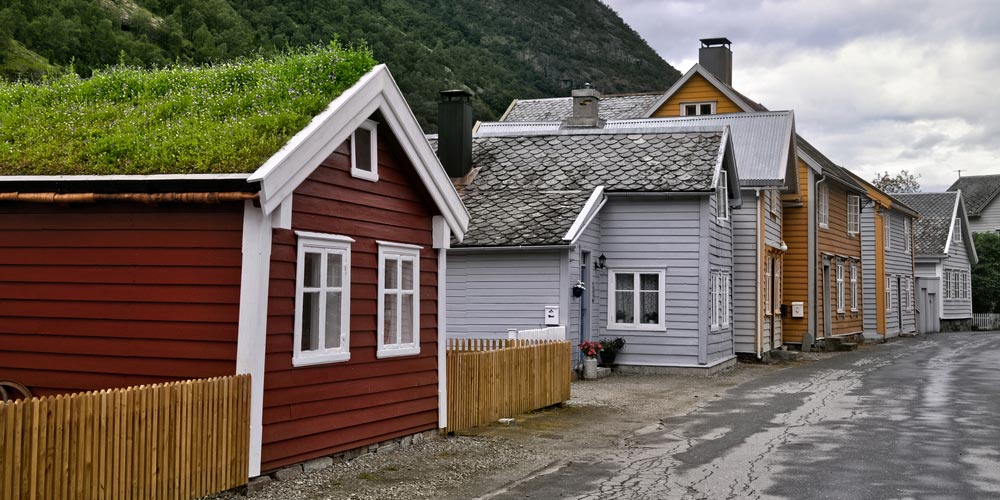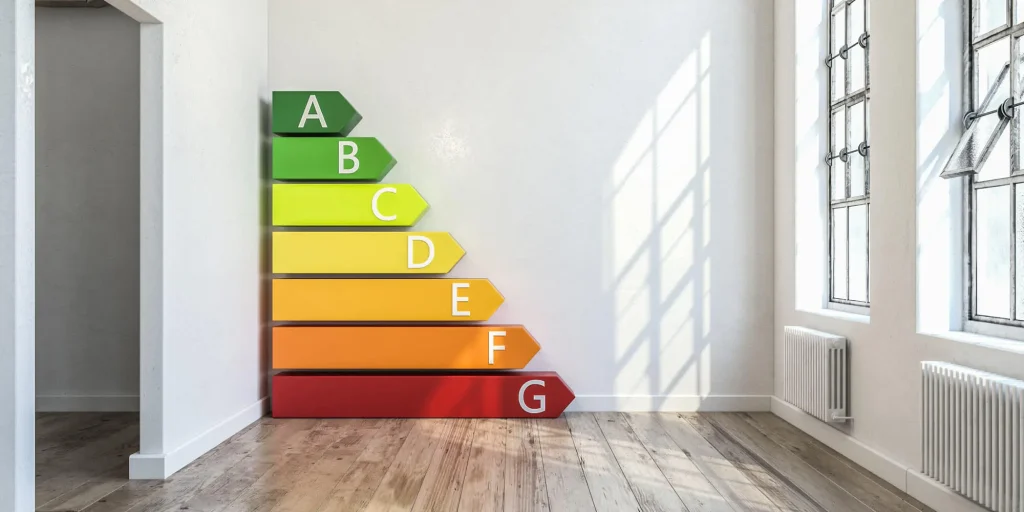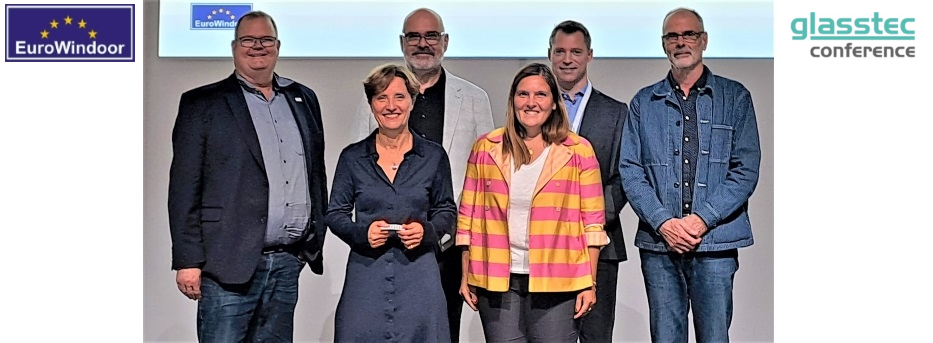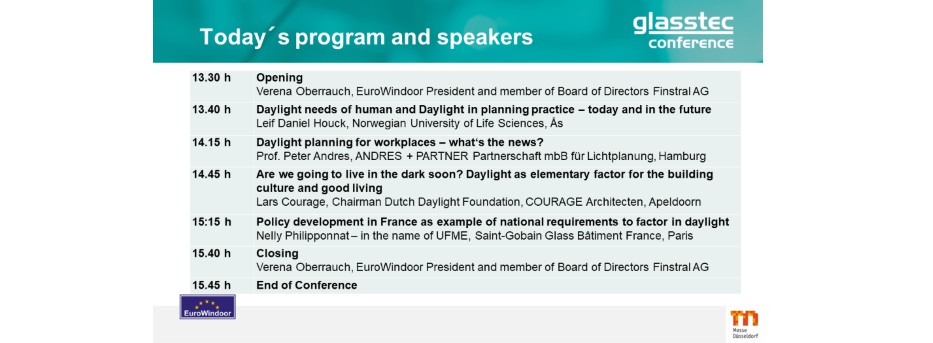The twin geopolitical and energy crises have thrown into sharp relief the high combined costs of Europe’s energy dependency and poor building energy performance. Buildings account for 40% of our energy consumption, most of which is used to keep us warm1 and energy renovations are the only
solution to durably shelter citizens and businesses from price hikes.
Financial incentives for renovations must be backed by effective regulations. Solely relying on voluntary schemes has not worked so far, with only 1% of EU buildings undergoing energy renovations each year, and an annual rate of deep renovations only 0.2% in the EU.
Leading industry players, NGOs, think tanks and investors are thus calling Members of the European Parliament to adopt ambitious Minimum Energy Performance Standards (MEPS) in the EPBD recast. MEPS are the main tool addressing the pressing issues of energy poverty, energy security and decarbonisation in the revised text and are critical for both planning purposes and for execution.
What does ‘ambitious MEPS’ mean in practice?
When it comes to timelines and benchmarks, MEPS should bring public and non-residential
buildings EPC class F and G to EPC class C by 2030 and residential buildings EPC class F and G to EPC
class C by 2033.
This level of ambition should be linked to financial and technical support – such as social safeguards – for low-income households and guarantees on rent.
Minimum Energy Performance Standards should also be based on the following guiding principles:
• MEPS should cover the whole building stock starting first with the worst-performing buildings
• MEPS should be based on firm benchmarks and timelines to reach a sufficient decarbonisation contribution by 2030, 2040, and towards full decarbonisation by 2050
• MEPS’ first benchmark should go beyond the energy class E benchmark and make buildings ready for the efficient integration of renewable energy sources (low temperature heating/renewable
cooling/Solar thermal and PV)
• Only relying on trigger points such as sale, rent or donation is not sufficient to achieve Europe’s 2050 climate objectives. To achieve the objectives of the Renovation Wave, MEPS should apply trigger points together with a progressive trajectory for renovations towards a fully decarbonised
building stock in 2050
• Provisions on MEPS should be complemented by a strong governance and enabling instruments to ensure implementation and consequences for failing to reach the targets
• The success of MEPS is linked to the roll out and improvement of other tools discussed in the EPBD: Energy Performance Certificates, One Stop Shops and Building Renovation Passports
Ambitious MEPS will benefit citizens and businesses alike
Ambitious MEPS are good for people: High energy prices are putting an increasing financial burden on the poorest European households – homeowners and renters alike. Adopting ambitious MEPS the most sustainable long-term solution to permanently shelter citizens from energy price hikes while providing much needed co-benefits such as improved indoor environment.
Ambitious MEPS are necessary to achieve energy security: Translated into impact on Russian imports, the research group Guidehouse estimates that going to B/C class would cut gas imports by about 45%, versus only 13% by going to E class.
Ambitious MEPS are good for the construction sector and job creations: MEPS provide much needed medium- and long-term market visibility. Together with a strong supportive framework that addresses the challenges faced by building professionals, including shortages of skills, they will encourage long
term investments, innovation and help companies optimise training programs. According to the Renovate Europe Campaign, 18,000 jobs will be created per €1 billion invested in energy efficiency. These are local, long-term jobs that will stimulate economic activity across the EU.
Ambitious MEPS are necessary to achieve our climate objectives: All buildings must become fully decarbonised by 2050 if Europe is to meet its net zero climate objective. Renovation cycles are long and renovation steps should be limited to avoid increased costs for citizens. A lack of ambition on MEPS level and timeline would make Europe miss its decarbonisation target.
Europe can’t afford inefficient buildings
The cost of inaction is high and still rising. A recent assessment by Bruegel indicates that around 4% of the EU GDP (about €550bn) has already been spent by Member States on subsidising energy bills. This amount is greater that the Commission’s own assessment of how much would be needed per
year to double deep energy renovation in the EU.
While necessary to attenuate the effects of inflation in the short run, current price relief policies cannot be sustained. Ambitious MEPS will durably reduce the need for public support.
Support for citizens and businesses is already available: Energy renovations are investments that improve living conditions, increase property value and decrease energy bills. And there has never been as much financial support available for households and businesses as today. However, there is currently a clear mismatch when it comes to investments in renovation, something MEPS can help tackle.
At European level: National Recovery and Resilience Plans, the future Social Climate Fund, the European Regional Development Fund, Cohesion Fund, the Modernisation Fund and the Just Transition Fund can all support national renovation schemes.
At National level: Numerous programmes have been announced in recent yearsto support renovation works e.g. MaPrimeRenov’ in France, Renovation grants in Austria (‘Sanierungsscheck’), the ‘New Green Savings’ program in Czechia, the Superbonus in Italy, etc…
Europe can’t afford to lose another decade when it comes to energy renovations. The revision of the EPBD is the only chance to set the EU on a path towards energy security and climate neutrality.
Joint position on ambitious MEPS – A no regret option
